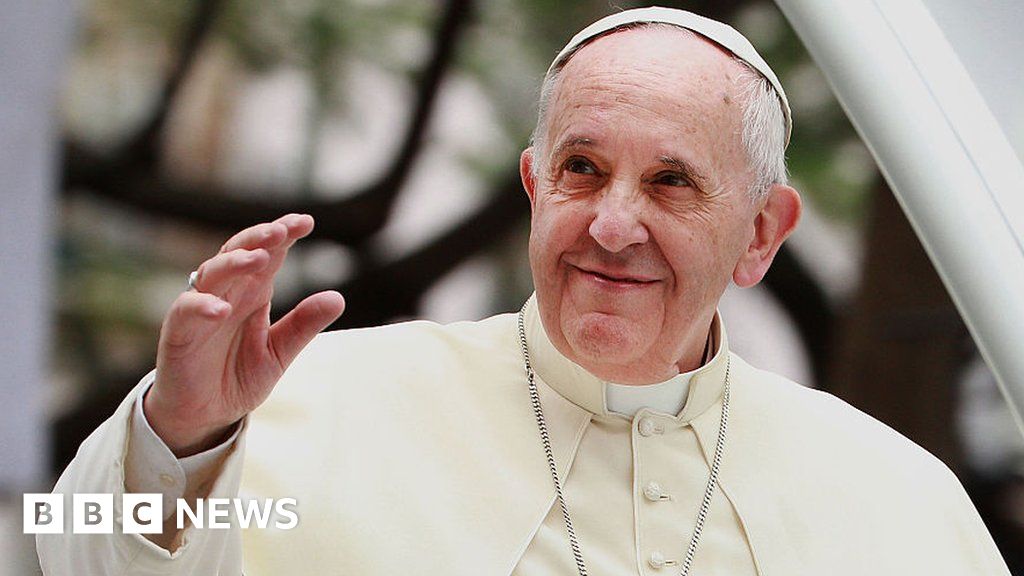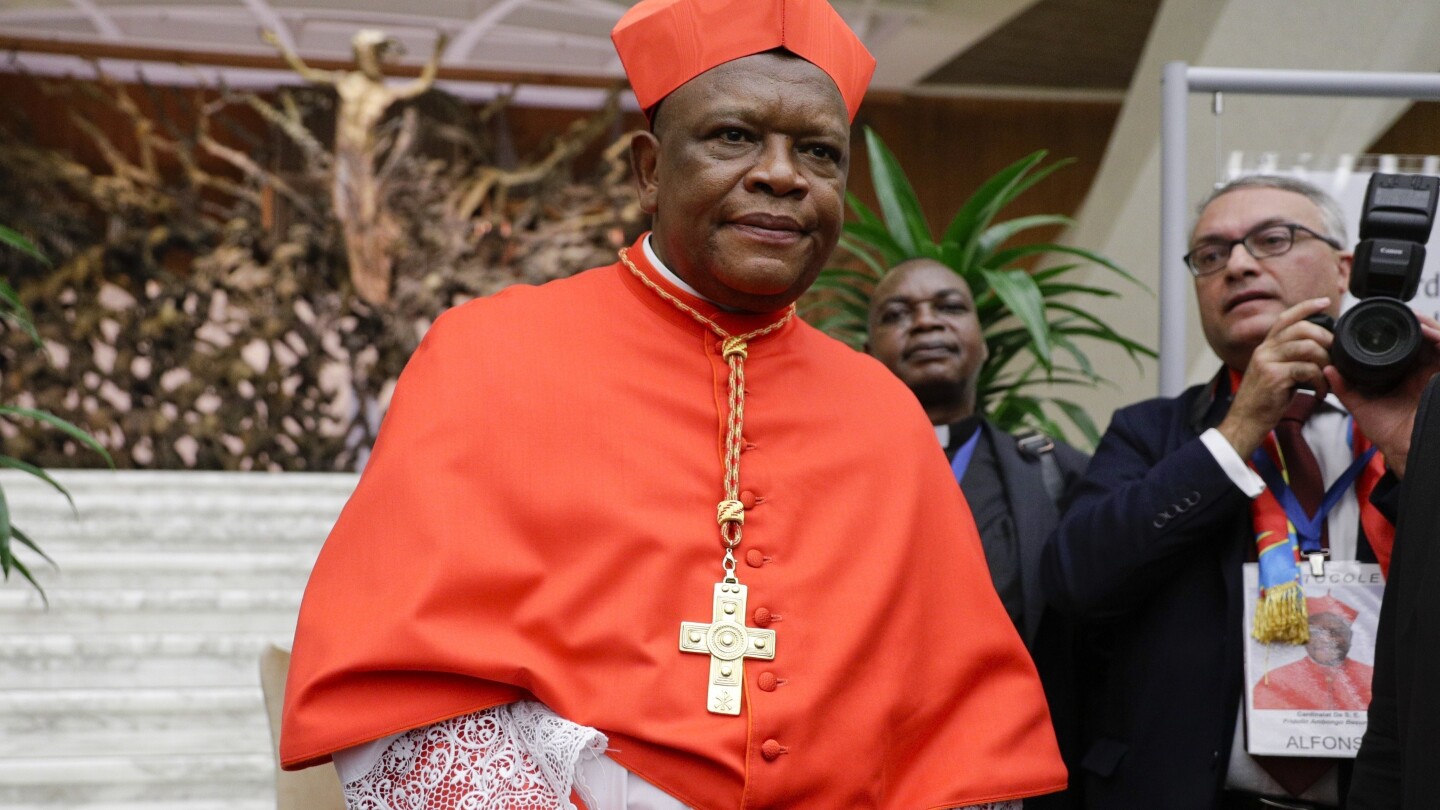Seems like I keep on hearing about what a "giant of the faith" St. Thomas Aquinas (1226-1274) was - and not just here on this forum, by any means.
So, let's talk about him. What did Aquinas teach that was so great?
[Aquinas] "exploited the works of Aristotle for purposes of Christian theology. . . . More than other scholastic theologians he uses the Scriptures, but only for the confirmation of ecclesiastical dogma. He represents the principle of absolute subserviency to ecclesiastical authority in its complete form." - Albert Henry Newman, "A Manual Of Church History," Vol. 1, p. 483.
"Of course, Aquinas did believe in the doctrine of merit and the necessity of good works. So in this sense he would fall short of the Protestant understanding of salvation by faith alone." - Norman Geisler and Ralph McKenzie, in "Roman Catholics and Evangelicals - Agreements and Differences."
"To the pope, it belongs to determine what is of faith. Yea, subjection to him is necessary to salvation. High churchmanship could no further go. In his declarations about heresy and its treatment, Thomas [Aquinas] materially assisted in making the persecution of heretics unto death the settled policy of the Church and the State. At any rate, he cleared away all objections as far as it was possible to clear them away." - Philip Schaff, "History of the Christian Church," Vol. 5, pp. 674-675.
Aquinas wrote, "With regard to heretics two points must be observed: one, on their own side, the other, on the side of the Church. On their own side there is the sin, whereby they deserve not only to be separated from the Church by excommunication, but also to be severed from the world by death. For it is a much graver matter to corrupt the faith which quickens the soul, than to forge money, which supports temporal life. Wherefore if forgers of money and other evildoers are forthwith condemned to death by the secular authority, much more reason is there for heretics, as soon as they are convicted of heresy, to be not only excommunicated but even put to death." - St. Thomas Aquinas, "Summa Theologica," II-II, Q. 11, Articles 3 and 4)
"Before the end of the [13th] Century, St. Thomas Aquinas (Summa Theol., II-II:11:3 and II-II:11.4) already advocated capital punishment for heresy though it cannot be said that his arguments altogether compel conviction. The Angelic Doctor, however speaks only in a general way of punishment by death, and does not specify more nearly the manner of its infliction." - "Catholic Encyclopedia."
I won't get into Augustine, except to say that he believed that a person in a coma could be born again by baptizing him while in the coma, and that he misused Luke 14:23, "compel them to come in," to justify Church persecution of the Donatist "heretics."

www.bbc.com

apnews.com
